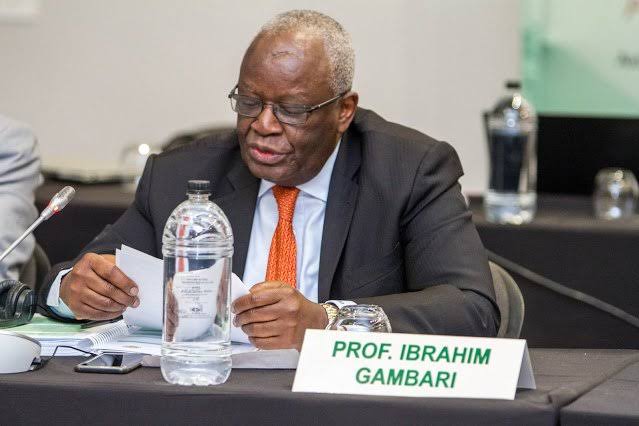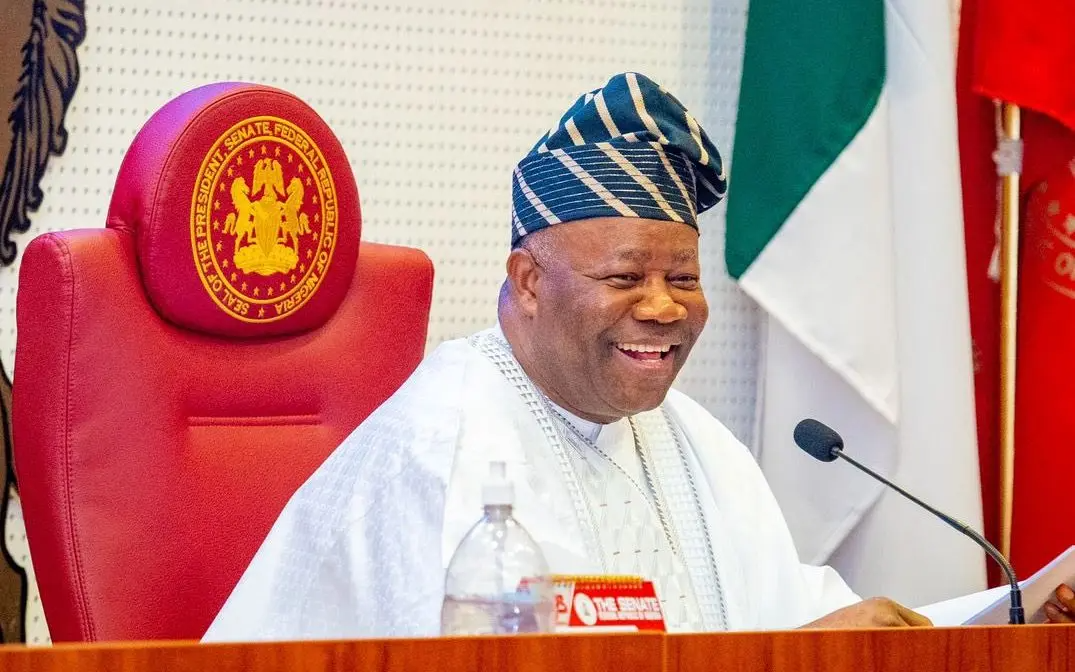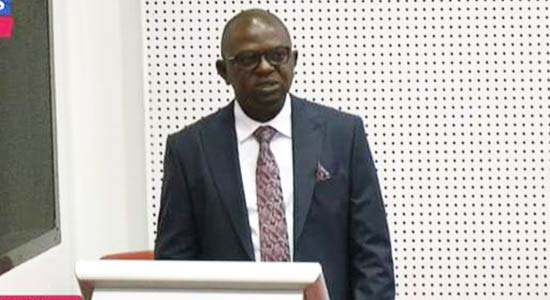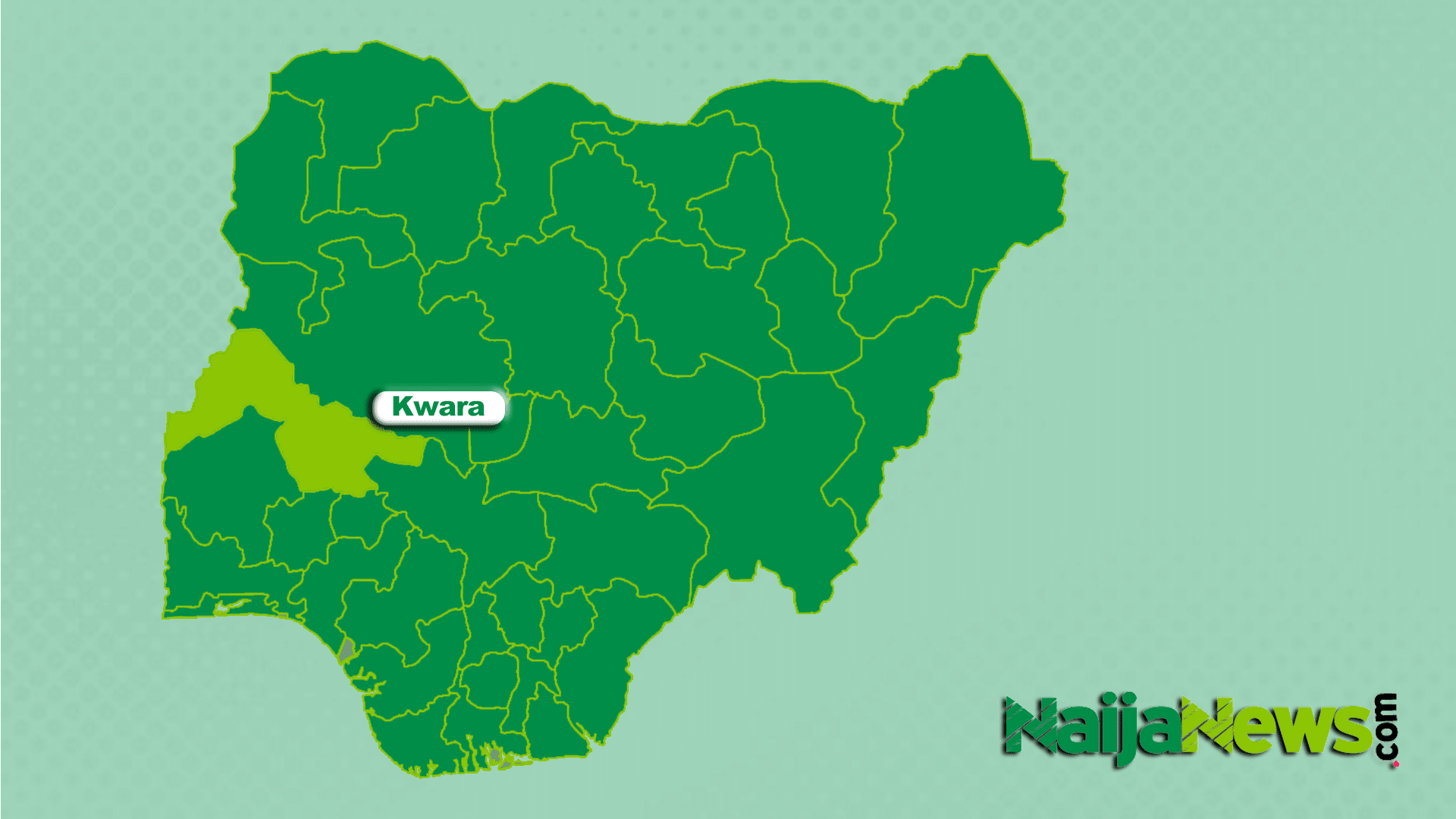The FMDQ Exchange which houses the Nigerian Autonomous Foreign Exchange Market has revealed that the naira depreciated against the dollar in October 2024 as volatility in the forex market was sustained.
This was contained in the latest FMDQ Exchange Financial Markets Monthly Report for October 2024, released on Thursday.
According to the report, the spot FX market turnover was $10.08bn (N16.36tn) in October 2024, representing a 6.58 per cent ($0.62bn) month-on-month increase from the turnover recorded in September 2024 ($9.46bn).
“In the FX market, the Naira depreciated against the US Dollar, with the spot exchange rate ($/N) increasing by 2.38 per cent ($/N38.82) to close at an average of $/N1,631.71 in October 2024 from $/N1,592.89 recorded in September 2024.
“Further, exchange rate volatility continued into October 2024 as the Naira traded within an exchange rate range of $/N1,552.92 – $/N1,675.49 compared to $/N1,539.65 – $/N1,6667.42 recorded in September 2024,” the report said.
FMDQ data indicated that the naira closed trading for October at N1,675.49/$ well above N1600 despite the efforts of the Central Bank of Nigeria to strengthen it.
In November, the CBN fiat traded above N1600/$.
It closed trading on Wednesday at N1687.52/$, a 0.51 decline from the previous day’s trading figure of 1678.93. The daily turnover stood at $173.29m, higher than $128.59m.
Meanwhile, the report indicated that forex and Money Market transactions dominated secondary market activity, jointly accounting for 75.74 per cent of the total secondary market turnover in October 2024.
Total secondary market turnover recorded on the FMDQ Exchange in October 2024 rose by 14.54 per cent (or (N5.23tn) to N41.23tn month-on-month and every year, it is 90.05 per cent higher than October 2023 figures.
Total spot market turnover for all products traded in the secondary market in October 2024 was N36.75tn, representing a month-on-month increase of 9.40 per cent (N3.16tn) from September 2024 figures.
The month-on-month increase was driven by the increase across the FX, Money Market, and Fixed Income turnover by 8.49 per cent (N1.28tn), 10.76 per cent (N1.01tn), and 9.50 per cent (N0.87tn), respectively.
“The increase in MM turnover was driven solely by the MoM increase in the Repos/Buy-backs product category. The increase in FI turnover was driven by the MoM increase across the T.bills, OMO Bills, and FGN Bonds product categories, whilst turnover in the Other Bonds category decreased, and CBN Special Bills remained inactive,” the report added.
In the period under review, the total value of CPs quoted on the FMDQ Exchange in October 2024 was N30.58bn, representing an MoM decrease of 20.61 per cent (N7.94bn) in the value of CPs quoted in September 2024 (N38.52bn).
In October 2024, quoted CPs were issued by institutions from the Agriculture (4), Financial Services (1), and Retail (2) sectors. The outstanding value for CPs decreased MoM by 9.23 per cent (N57.50bn) to N565.28bn in October 2024 due to the N88.08bn worth of CPs that matured during the review period.
At the beginning of the month, a global rating agency, Fitch Ratings, said Nigeria’s foreign exchange market has yet to stabilise despite several initiatives by the CBN, a view which contradicts a report by the International Monetary Fund, which suggested that the naira was showing signs of stability, owing to recent interest rate hikes and CBN efforts to address outstanding FX obligations.
Fitch’s latest rating of Nigeria suggests a more cautious outlook. The rating agency commented, “The Central Bank of Nigeria is initiating several measures to address FX liquidity challenges and formalise FX activity to support the currency. These include plans to introduce an electronic FX matching platform for all FX transactions effective December 1, 2024, to provide intra-day prices in real-time and enhance transparency.
“The CBN has also raised the monetary policy rate five times by a cumulative 850bp to 27.25 per cent since February 2024. However, Fitch believes that the FX market has yet to stabilise, and the ongoing flexibility of the exchange rate remains to be tested.”

 5 hours ago
34
5 hours ago
34















 English (US) ·
English (US) ·